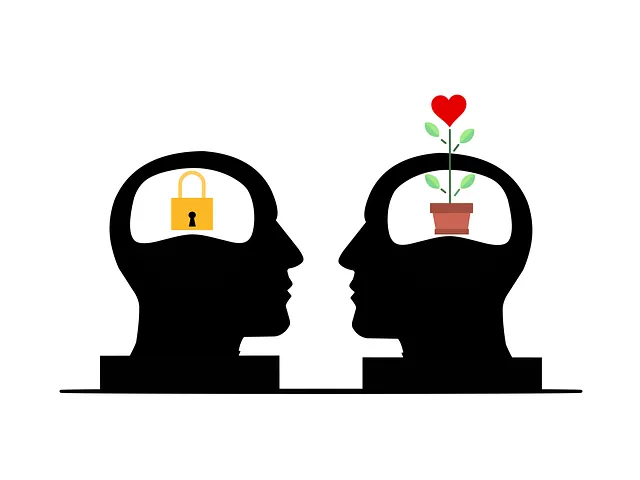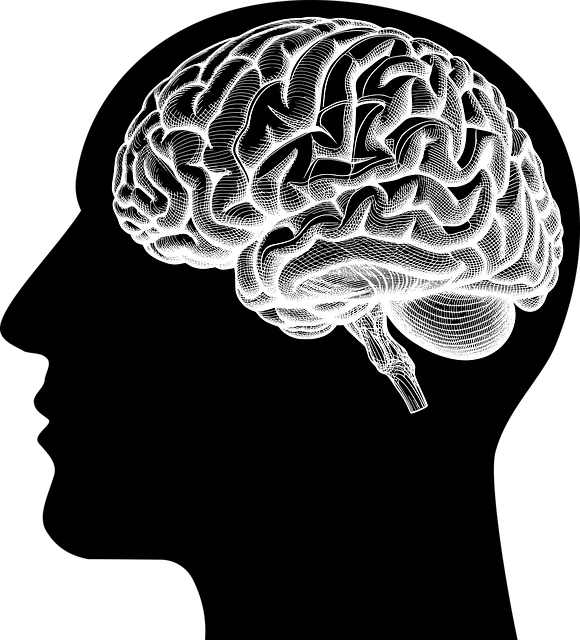Kaiser in Northglenn offers holistic inpatient mental health services focusing on building resilience through coping skill training, including stress management, anxiety reduction, and emotional distress coping strategies. Social skills training and self-care practices like meditation, exercise, and journaling further enhance these skills. Their innovative approach integrates personalized treatment plans with CBT, mindfulness, and unique programs like the Mental Wellness Podcast Series Production. By combining traditional services with conflict resolution techniques, Kaiser empowers residents to navigate interpersonal challenges and maintain long-term mental wellness, fostering a robust foundation for resilience outside their facilities as well.
“Unraveling the power of coping skills is a pivotal step towards fostering mental well-being. This article delves into a comprehensive guide on understanding, developing, and strengthening these adaptive mechanisms. We explore the foundational role of coping skills in navigating life’s challenges, focusing on Northglenn’s innovative approach at Kaiser, offering inpatient mental health care. By examining effective strategies like building resilience, readers will gain valuable insights to enhance their stress management and overall psychological fortitude.”
- Understanding Coping Skills: A Foundation for Mental Well-being
- Northglenn's Approach to Inpatient Mental Health Care at Kaiser
- Building Resilience: Effective Strategies for Coping with Stress and Challenges
Understanding Coping Skills: A Foundation for Mental Well-being

Coping skills are essential for maintaining mental well-being, especially in challenging situations. Understanding and developing these skills is a cornerstone of personal growth and resilience. At Kaiser in Northglenn, inpatient mental health services often incorporate coping skill training as part of their comprehensive care approach. This involves teaching individuals effective strategies to manage stress, anxiety, and emotional distress. By learning these techniques, folks can navigate life’s complexities with greater ease.
Social Skills Training plays a pivotal role in enhancing coping abilities. Building strong connections and fostering healthy relationships provide a support system during difficult times. Additionally, Self-Care Practices are integral to maintaining mental balance. Activities like meditation, exercise, and journaling promote Mood Management, allowing individuals to regulate their emotions and maintain stability. These skills empower folks to overcome obstacles and lead fulfilling lives.
Northglenn's Approach to Inpatient Mental Health Care at Kaiser

Northglenn’s approach to inpatient mental health care at Kaiser focuses on a holistic healing process. This includes personalized treatment plans that cater to individual needs, integrating various therapeutic modalities such as cognitive-behavioral therapy (CBT), mindfulness practices, and group sessions. The facility prioritizes mood management by providing a safe and supportive environment where patients can explore and develop effective coping skills.
In addition to traditional mental health services, Northglenn offers innovative programs like the Mental Wellness Podcast Series Production, which empowers individuals to share their stories and learn from each other. They also emphasize conflict resolution techniques as part of their comprehensive care, helping residents navigate interpersonal challenges with newfound resilience. This multi-faceted approach ensures that patients not only address their immediate mental health concerns but also gain valuable tools for maintaining long-term mental wellness.
Building Resilience: Effective Strategies for Coping with Stress and Challenges

In a place like Northglenn, where Kaiser offers inpatient mental health services, building resilience is an invaluable skill to navigate life’s challenges and stresses. Resilience isn’t about avoiding difficulties; it’s the ability to adapt and bounce back stronger. Effective coping strategies are essential tools in this process, enabling individuals to manage their emotional responses and maintain a sense of control. Techniques like mindfulness meditation and deep breathing exercises have proven to be powerful methods for emotional regulation, helping to calm minds and reduce anxiety.
Additionally, stress management techniques such as regular physical activity, adequate sleep hygiene, and structured routines contribute significantly to overall well-being. These practices foster mood management by releasing endorphins, promoting better cognitive function, and providing a sense of stability during turbulent times. By integrating these strategies into daily life, individuals can build a strong foundation for resilience, ensuring they’re equipped to handle whatever comes their way, whether it’s dealing with stress at work or personal challenges, even without the direct support of inpatient facilities like Kaiser in Northglenn.
Coping skills development is a vital component of overall mental well-being, as highlighted by Northglenn’s innovative approach at Kaiser. By understanding and building resilience through effective strategies, individuals can navigate stress and challenges with greater ease. Incorporating these techniques into daily life, whether in an inpatient setting or not, can significantly enhance one’s ability to cope, ultimately fostering a more balanced and fulfilling life. Northglenn’s focus on holistic mental health care underscores the importance of empowering individuals with the tools to manage their own well-being.



